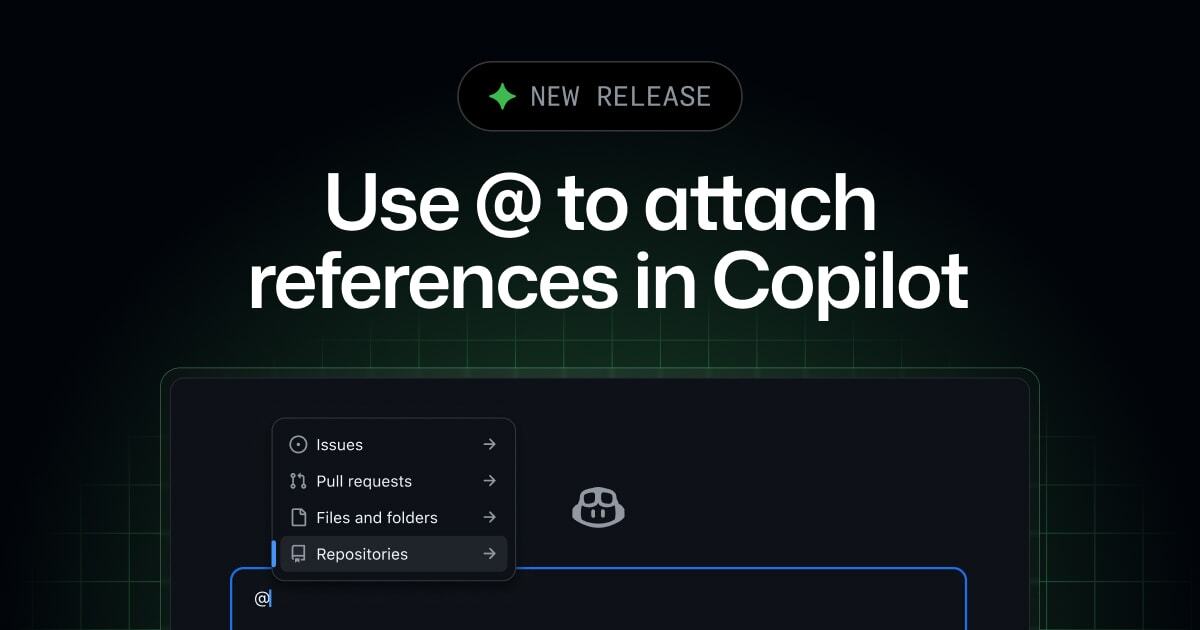BTC Mesh Relay is a project designed to enable the broadcasting of Bitcoin raw transactions by sending them as chunked hexadecimal strings via LoRa Meshtastic direct messages. A dedicated client script (btcmesh_cli.py) will be used for sending, and a relay device running btcmesh_server.py will reassemble these chunks, decode, validate, and then relay the complete transaction to a configured Bitcoin RPC node. This system is intended for scenarios with limited or censored internet access but where LoRa Meshtastic network availability exists.
This project is currently under development.
- Meshtastic Communication: Initializes and manages communication with a Meshtastic device.
- Transaction Chunking & Reassembly: Allows large Bitcoin transactions to be sent in smaller chunks over LoRa by btcmesh_cli.py and reassembled by btcmesh_server.py.
- Payload Handling: Relay server reassembles hexadecimal chunks. The connected Bitcoin Core node performs full transaction validation upon broadcast attempt. (Advanced pre-broadcast decoding and validation capabilities on the relay server via core/transaction_parser.py are planned for future enhancements).
- Basic Transaction Validation: Currently, the relay server relies on the connected Bitcoin Core node for most transaction validation. (More extensive pre-broadcast sanity checks on the relay are planned).
- Bitcoin RPC Integration: Connects to a Bitcoin Core RPC node to broadcast the validated raw transaction.
- Logging: Comprehensive logging for both server and client operations.
- Client Script (btcmesh_cli.py): Implemented command-line tool (btcmesh_cli.py) for users to send raw transactions.
- TOR: Optionally relay the transaction to a node running inside Tor network. (onion server)
(Refer to project/tasks.txt for detailed ongoing tasks and user stories.)
-
Clone the Repository:
git clone https://github.com/eddieoz/btcmesh.git cd btcmesh -
Create and Activate Conda Environment: It's recommended to use a Conda environment. If you don't have Conda, please install it first.
conda create -n btcmesh python=3.11 conda activate btcmeshOr use venv
python -m venv env source env/bin/activate -
Install Dependencies:
pip install -r requirements.txt -
Configure Environment (.env): The application is configured using a .env file in the project root. Copy the example file to create your own configuration:
Then, edit the .env file to set your specific configurations. For example:
- MESHTASTIC_SERIAL_PORT: Specifies the serial port for your Meshtastic device (e.g., /dev/ttyUSB0, /dev/ttyACM0 on Linux, or COM3 on Windows). If this is not set or is commented out, the application will attempt to auto-detect the Meshtastic device.
# MESHTASTIC_SERIAL_PORT=/dev/your/meshtastic_port
- Bitcoin RPC Node Details: Required for the relay server (btcmesh_server.py).
BITCOIN_RPC_HOST=your_bitcoin_node_host BITCOIN_RPC_PORT=your_bitcoin_node_port # e.g., 8332 for mainnet BITCOIN_RPC_USER=your_rpc_username BITCOIN_RPC_PASSWORD=your_rpc_password # Optional: For transaction reassembly timeout # REASSEMBLY_TIMEOUT_SECONDS=120
- Connecting via Tor: If you wish to connect to your Bitcoin RPC node via Tor, simply set the BITCOIN_RPC_HOST to your node's .onion address. The application will automatically detect this and manage the Tor connection using the Tor binary provided in the tor/ directory of this project. You do not need to have Tor installed or running separately on your system.
# Example for Tor connection: # BITCOIN_RPC_HOST=yourbitcoinrpcnode.onion
OBS The TOR binary supplied is part of the Debian package. REPLACE it to make it compatible with your distribution. DOWNLOAD TOR ```
- MESHTASTIC_SERIAL_PORT: Specifies the serial port for your Meshtastic device (e.g., /dev/ttyUSB0, /dev/ttyACM0 on Linux, or COM3 on Windows). If this is not set or is commented out, the application will attempt to auto-detect the Meshtastic device.
-
Meshtastic Device Setup:
- Ensure you have a Meshtastic device connected to the machine where btcmesh_server.py will run (and another for the client when btcmesh_cli.py is used).
- The Meshtastic Python library, by default, attempts to auto-detect your device. You can specify the serial port explicitly by setting MESHTASTIC_SERIAL_PORT in your .env file.
- Ensure your Bitcoin Core node is configured to accept RPC connections.
- Configure the RPC host, port, user, and password in your .env file (see step 4).
- Tor Connectivity: If BITCOIN_RPC_HOST is a .onion address, the script will automatically attempt to establish a connection through Tor using the bundled Tor executable (./tor/tor). No separate Tor installation or configuration is required by the user.
The primary method for configuration is via a .env file in the project root (see "Configure Environment (.env)" in Setup Instructions).
Key settings configurable in .env:
- Meshtastic device serial port (MESHTASTIC_SERIAL_PORT).
- Bitcoin RPC connection details (BITCOIN_RPC_HOST, BITCOIN_RPC_PORT, BITCOIN_RPC_USER, BITCOIN_RPC_PASSWORD). This includes the ability to use a .onion address for BITCOIN_RPC_HOST to automatically route traffic through Tor using the project's bundled Tor executable.
- Transaction reassembly timeout (REASSEMBLY_TIMEOUT_SECONDS).
Once set up and configured, you can run the BTC Mesh Relay server:
The server will initialize the Meshtastic interface, connect to the Bitcoin RPC node (if configured), and start listening for incoming messages.
The client script is used to send a raw Bitcoin transaction to a relay server.
Replace <SERVER_NODE_ID> with the Meshtastic node ID of the machine running btcmesh_server.py (e.g., !abcdef12) and <RAW_TRANSACTION_HEX> with the full raw transaction hex string you intend to broadcast.
Use python btcmesh_cli.py --help for more options, such as --dry-run to simulate sending without actually transmitting over LoRa.
To run the automated tests:
Contributions are welcome! Please refer to the project's issue tracker and development plan in project/tasks.txt. Follow TDD/BDD principles when adding new features or fixing bugs.
This project is licensed under the MIT License.
Did you like it? Buy me a coffee
Or drop me a tip through Lightning Network: ⚡ zbd.gg/eddieoz
.png)




